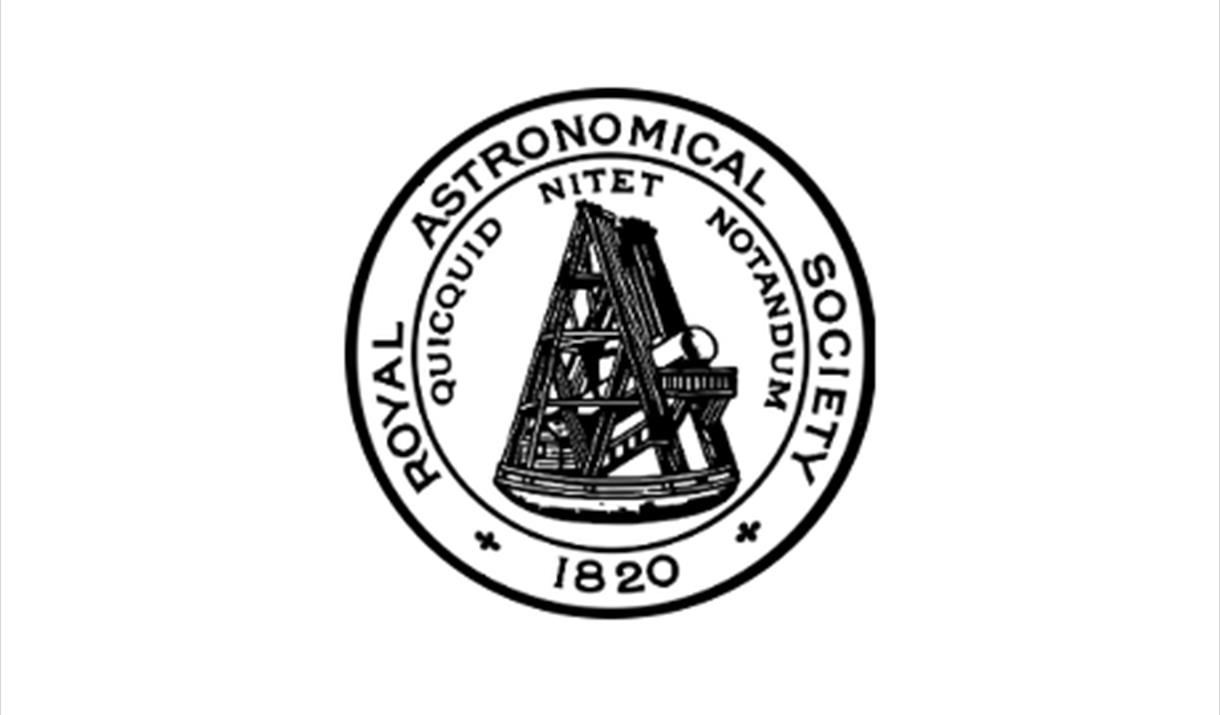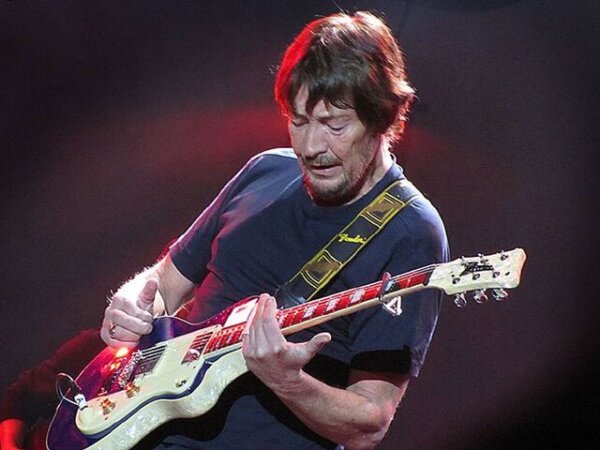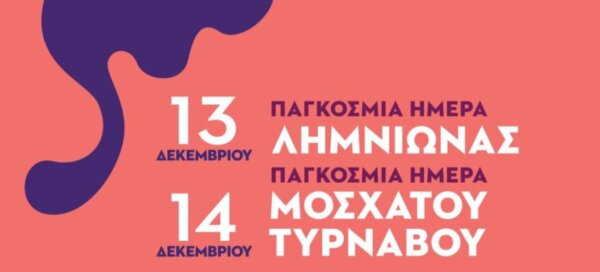The Royal Astronomical Society is pleased to announce the 2022 winners of its awards, medals and prizes. Each year the RAS recognises significant achievement in the fields of astronomy and geophysics through these awards, encompassing different types of talent from research to education and outreach. The announcements were made at the Ordinary Meeting of the Society held on Friday 14 January 2022.
The Society’s highest honour is its Gold Medal, which can be awarded for any reason but usually recognises lifetime achievement. Past winners include Albert Einstein, Edwin Hubble, Arthur Eddington and Stephen Hawking. It was first awarded in 1824; since 1964 two have been awarded each year: one for astronomy, and one for geophysics.
The 2022 Gold Medal in Astronomy is awarded to Professor George Efstathiou. He is amongst the most distinguished cosmologists of his generation, one of the architects of the standard model of cosmology, “Lambda cold dark matter” (LCDM). Prof. Efstathiou has made transformational contributions in computer simulations of the formation of structure in the universe, galaxy surveys and the analysis of the cosmic microwave background (CMB) radiation, faint background radiation lingering from the early stages of the Universe. He was one of the first to use computer simulations to calculate the non-linear evolution of the primordial perturbations, (density variations in the early universe) from which cosmic structure grows.
The 2022 Gold Medal for Geophysics is awarded to Professor Richard B Horne for his outstanding contributions to our understanding of the physics underlying space weather, the dynamic conditions in outer space environments. In particular, he demonstrated that electromagnetic waves in planetary magnetospheres are responsible for accelerating charged particles to relativistic energies and velocities close to the speed of light, science that underlies the British Antarctic Survey’s (BAS) Radiation Belt Model. As Head of the Space Weather and Atmosphere Team at BAS, Professor Horne has shown international leadership in firstly developing space weather science and then leading the European projects SPACECAST (2011-14) and SPACESTORM (2014-2017) to help to protect satellites from the impact of space weather events.
As well as the Gold Medals, the Royal Astronomical Society awards a variety of other medals, awards, honorary fellowships and lectureships. Awards are designated ‘A’ for astronomy (including astrophysics and cosmology) and ‘G’ for geophysics (including solar physics, planetary science and solar-terrestrial physics). Full citations are linked as PDF files in the list below.
The full list of 2022 winners is:
Gold Medal (A): Professor George P. Efstathiou, University of Cambridge, PDF
Gold Medal (G): Professor Richard B. Horne, British Antarctic Survey, PDF
Herschel Medal (A): Professor Catherine Heymans, University of Edinburgh, PDF
Eddington Medal (A): Professor Alan Heavens, Imperial College London, PDF
Chapman Medal (G): Professor Sandra Chapman, University of Warwick, PDF
Price Medal (G): Professor Hrvoje Tkalcic , Australian National University, PDF
Jackson-Gwilt Medal (A): Dr Frank Eisenhauer, Max Planck Institute, PDF
Annie Maunder Medal (A): Dr Nicolas Bonne, Dr Jennifer Gupta, Dr Coleman Krawczyk, University of Portsmouth, PDF
Primary Education Award: Rachael Wood, Southfield Primary School, PDF
Secondary Education Award: Jacob Harding, Sharples School, PDF
Higher Education Award: Professor Melvin Hoare, University of Leeds, PDF
Service Award (A): Professor Donald Kurtz, University of Central Lancashire, North-West University, PDF
Service Award (G): Professor Farideh Honary, Lancaster University, PDF
Fowler Award (A): Dr Matt Nicholl, University of Birmingham, PDF
Fowler Award (G): Dr Beatriz Sánchez-Cano, University of Leicester, PDF
Winton Award (A): Dr Rebecca Smethurst, University of Oxford, PDF
Winton Award (G): Dr Tim Lichtenberg, University of Oxford, PDF
Group Award (A): The EAGLE simulations team, Durham University, Liverpool John Moores University and Leiden University, PDF
Group Award (G): UK Fireball Alliance, Natural History Museum, PDF
‘Named’ lectures to be delivered at a meeting of the Society:
Harold Jeffreys Lecture: Dr Rhodri Davies, The Australian National University, PDF
George Darwin Lecture: Professor Alan Fitzsimmons, Queen’s University Belfast, PDF
James Dungey Lecture: Dr Licia Ray, Lancaster University, PDF
Gerald Whitrow Lecture: Professor Pedro Gil Ferreira, University of Oxford, PDF
Honorary Fellowships:
Honorary Fellowship (A): Dr Morton S Roberts, National Radio Astronomy Observatory, PDF
Honorary Fellowship (G): Dr Ashwin Vasavada, Jet Propulsion Laboratory, California Institute of Technology, PDF
Honorary Fellowship (G): Professor Kathryn McWilliams, University of Saskatchewan, PDF
Honorary Fellowship (G): Rob and Cathryn Wilcock, Winchcombe, Gloucestershire, PDF
Professor Emma Bunce, President of the Royal Astronomical Society, comments on this year’s awards and winners: «I’m delighted that through our awards and medals, we continue to recognise the wealth of talent in the fields of astronomy, geophysics and space science. Our award winners continue to inspire us year after year by uncovering the mysteries of the Universe and the world around us, and encouraging others to do the same. My congratulations to all the winners of our 2022 awards!»




